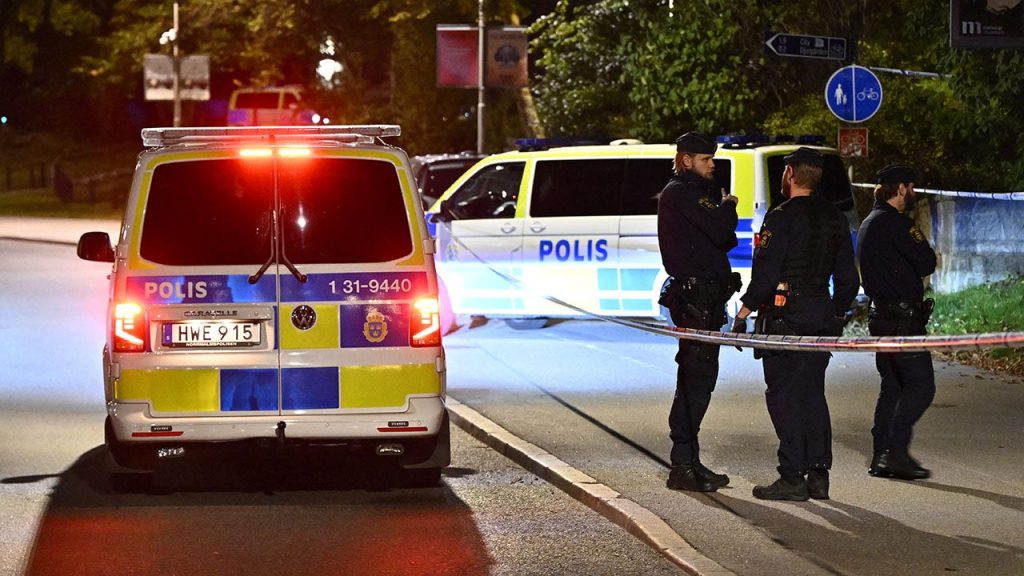Iran’s Exploitation of Child Soldiers in European Attacks: A Disturbing New Trend
A deeply concerning pattern has emerged, revealing Iran’s recruitment of children to carry out attacks against Israeli and Jewish targets across Europe. This alarming tactic represents a shift in Iran’s proxy war against Israel, extending its reach onto European soil. Incidents in Sweden, Belgium, and Norway highlight this disturbing trend, raising serious concerns about the exploitation of vulnerable minors within immigrant communities.
The incidents involve children as young as 13 being manipulated into participating in acts of violence. In Stockholm, a 15-year-old was apprehended en route to the Israeli Embassy with a loaded firearm, while another minor in Gothenburg was caught firing shots at an Israeli defense firm. In Belgium, children as young as 14 were discovered orchestrating an attack on the Israeli Embassy. These cases depict a disturbing willingness by Iranian operatives to utilize children for violent purposes.
The recruitment process often involves online platforms such as Telegram, TikTok, and WhatsApp, where Iranian operatives target vulnerable youth. Some are motivated by financial incentives, while others are driven by anger and frustration stemming from the Israeli-Palestinian conflict, particularly Israel’s war against Hamas in Gaza. The inability to prosecute minors under a certain age in some European countries, like Sweden and Norway, further exacerbates the issue, creating a legal loophole exploited by these recruiters.
This disturbing trend coincides with a decline in Iran’s influence in the Middle East, following Israel’s robust responses to attacks by Iranian proxies like Hamas and Hezbollah. The recent removal of Syrian President Bashar al-Assad, a key Iranian ally, has further compounded Iran’s regional setbacks. This weakening position may be driving Iran to adopt new, more desperate tactics, including the exploitation of children for attacks in Europe.
The targeting of minors within immigrant communities raises additional concerns about societal integration and vulnerability. Sweden, for instance, has witnessed a significant influx of immigrants, some of whom struggle to assimilate into Swedish society. This creates a breeding ground for disaffection and resentment, making these individuals susceptible to manipulation by extremist groups and foreign actors like Iran. Organized criminal gangs within these communities also contribute to the problem, further exploiting vulnerable youth and potentially facilitating recruitment for Iranian operations.
The exploitation of children as proxy soldiers is a grave violation of international law and underscores the urgent need for a comprehensive response. European authorities must collaborate to disrupt these recruitment networks, enhance security measures around potential targets, and address the underlying societal factors that make children vulnerable to such manipulation. Furthermore, international pressure on Iran is crucial to hold the regime accountable for these reprehensible actions and deter further exploitation of children for violent purposes. The international community must work together to protect children from becoming pawns in geopolitical conflicts and ensure their safety and well-being.

